From the film’s IMDB.com page citation:
“A group of inept amateur superheroes must try to save the day when a supervillain threatens to destroy a major superhero and the city.”
Honestly, I have a vague recollection of seeing Mystery Men in theatres back when it was originally released and not being all that impressed by it. Sitting down for a rewatch with this all-new 4K Ultra HD release pretty much reconfirmed my estimation of it – that meaning it’s just not very good – but I did probably appreciate a bit more the flick’s understandable aesthetic. For those uninformed, Men essentially copies the art deco look of the 1930’s and 1940’s so masterfully reintroduced on the silver screen with Tim Burton’s Batman (1989) and truly amped up on television with Batman: The Animated Series. But … Men was shot and released at a time when superhero films had begun to lag just a bit under curious misdirection by the late Joel Schumacher (of the lesser Batman movies). As a consequence, it probably failed to gain any legitimate traction in the marketplace, though I’ve been assured through reading that the Ben Stiller headliner has a big, big cult audience. Stranger things have happened, as they say.
Now, I have read some commentary suggesting that – ahem – perhaps Men was in reality “ahead of its time,” implying that screenwriter Neil Cuthbert’s sardonic tone might be embraced more today. Certainly, the never-ending assault of Marvel Entertainment releases – both on screens big and small – have more properly ‘prepared’ the marketplace for the true creative potential in looking further at spandex-wearing heroes and antiheroes. As a consequence, shows like HBO/Max’s Doom Patrol and Amazon’s The Boys amply demonstrate that today’s viewers might be more inclined do-gooders not so squeaky clean as those typically pushed by both Marvel and DC’s starting line-up; but I’d argue that Men – also a comics-to-film property – would have a long way to go given its embrace of the purely juvenile antics of regular Joes turns extraordinary.
Simply put: if you find farts funny, then Men is a toot … I mean ‘hoot.’
Cuthbert’s script – under Kinka Usher’s direction – really goes hot and heavy for juvenile appeal. While none of its suits are faster than a speeding bullet or able to leap tall buildings in a single bound, The Spleen (a perfectly cast Paul Reubens) can fill the room with the noxious releases from his colon with the pull of his finger. The Blue Raja (a curiously miscast Hank Azaria) fights crime with his unique ability of hurling cutlery with deadly results at ne’er-do-wells. William H. Macy’s ‘The Shoveler’ dispenses his particular brand of justice with the use of – you guessed it – a big shovel. And filmdom’s favorite prankster Ben Stiller rounds out the fold in the guise of ‘Furious,’ a fellow whose uncharacteristic white male rage apparently gives him the power to … well … it’s never quite clear …
Where the flick does work best is in both copying and lampooning the aesthetic of those Batman cinema adventures that ultimately inspired its existence. Were you to watch Batman (1988), Batman Returns (1992), Batman Forever (1995), or even the deserved maligned Batman & Robin (1997) as companion features, it’s inarguably clear that Men’s intent is to both give its predecessors’ an affirming nod as well as the thumbing of its nose back. It’s saying, “We can do what you can do, but we’re doing it all for laughs and a good time.”
No doubt those who loved this one back then and even today still agree.
Mystery Men (1999) was produced by Universal Pictures, Golar Productions, Dark Horse Entertainment, Image Comics, and a few other participants. (If those facts truly interest you, then you’ll find them on IMDB.com.) DVD distribution (for this particular release) is being coordinated by the reliable Kino Lorber. As for the technical specifications? Wowza! Though I’m no trained video expert, I thought the sights and sounds of this brand-new HDR restoration (from the original camera negative) looked and sounded damn fabulous. If you’re a first-timer, then you’re in for a treat. If you’re revisiting this one, then you’re really in for a treat as it’s probably not looked and sounded so good … even in its original theatrical run. Lastly, if you’re looking for special features, then buckle up for a director’s commentary, some deleted scenes, the theatrical trailer, and an assortment of behind-the-scenes featurettes that go far to round out this occasionally funny experience.
Mildly recommended.
If it’s unclear, then let me assure you that – while I’m not a fan of Mystery Men – I can still appreciate what all involved accomplished here. Where it tries and fails, there’s still an inherent ambition at work throughout the film – most of which are tied up in some very, very good production details, filming, and background detail. My quibbles are, largely, owed to its incessant predictability as well as the troupe’s demonstrated desire to go for the cheap and easy laughs. What can I say? I prefer my satire just a wee bit smarter.
In the interests of fairness, I’m pleased to disclose that the fine folks at Kino Lorber provided me with a complimentary 4K Ultra HD + Blu-ray copy of Mystery Men (1999) by request for the expressed purposes of completing this review; and their contribution to me in no way, shape, or form influenced my opinion of it.
-- EZ

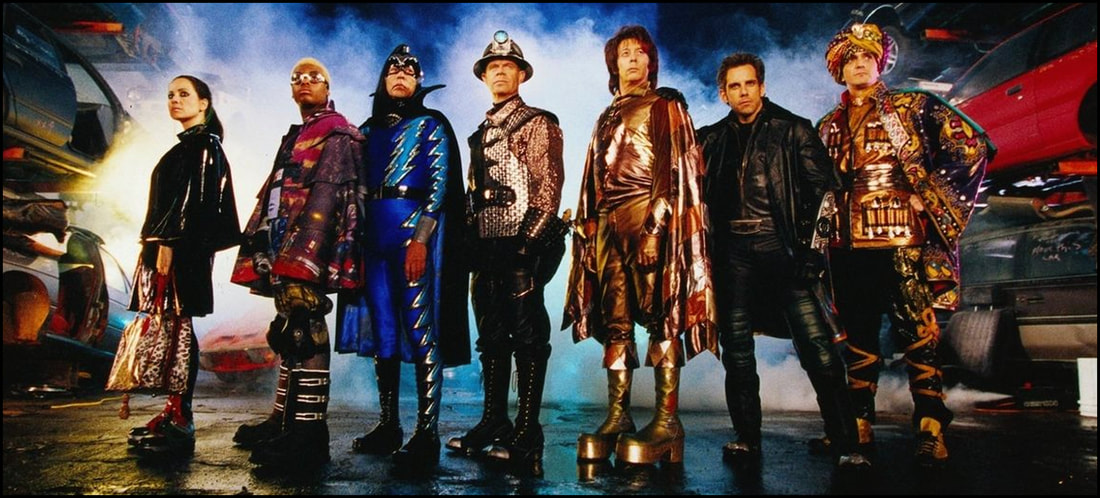
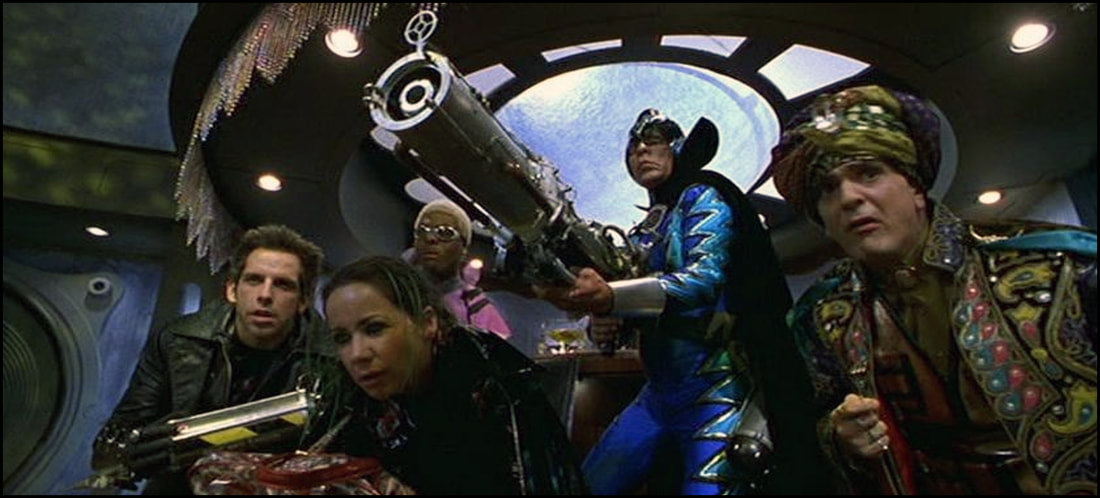
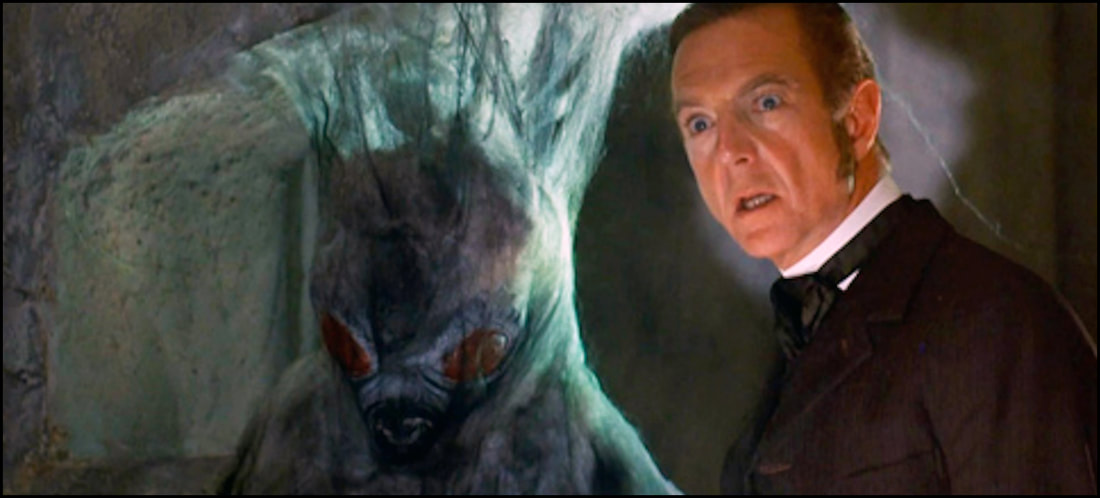
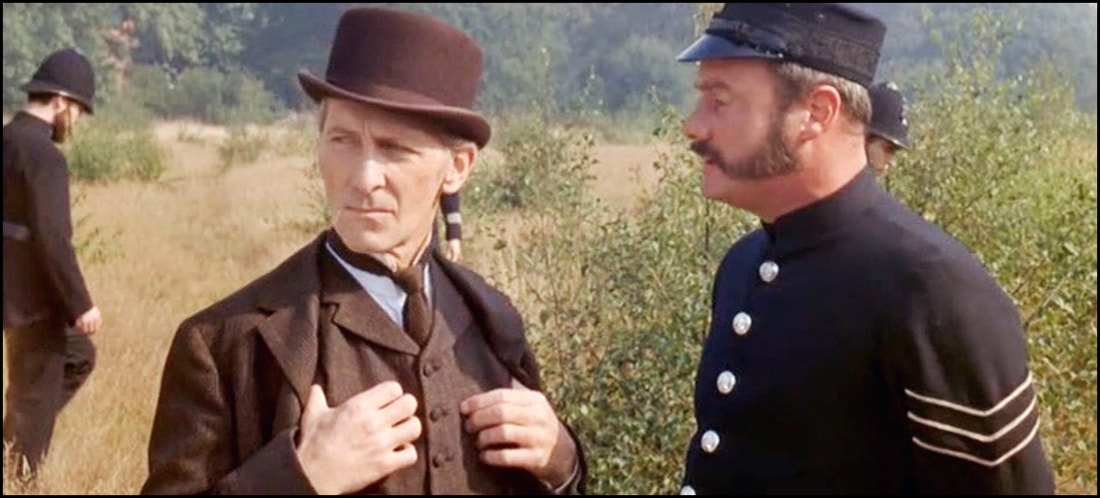
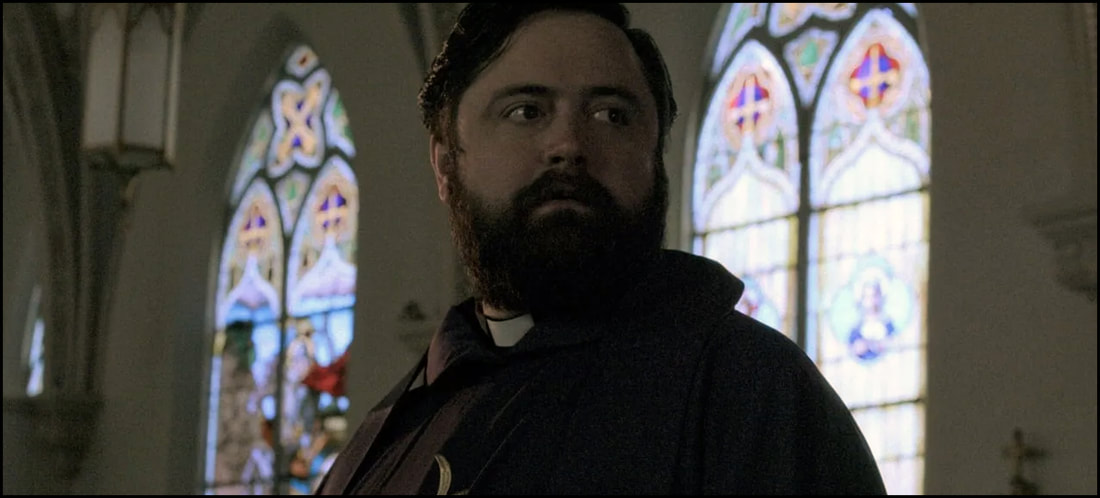
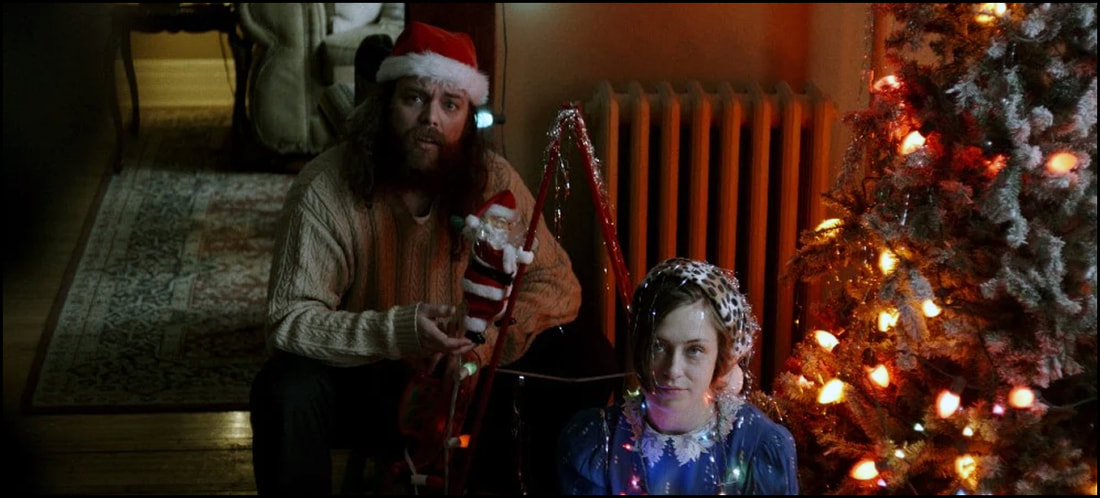
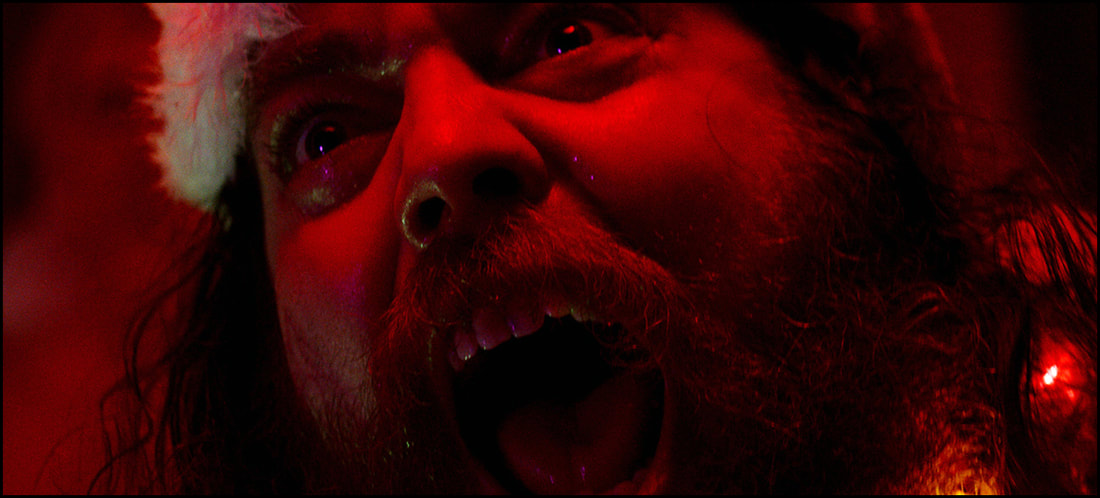
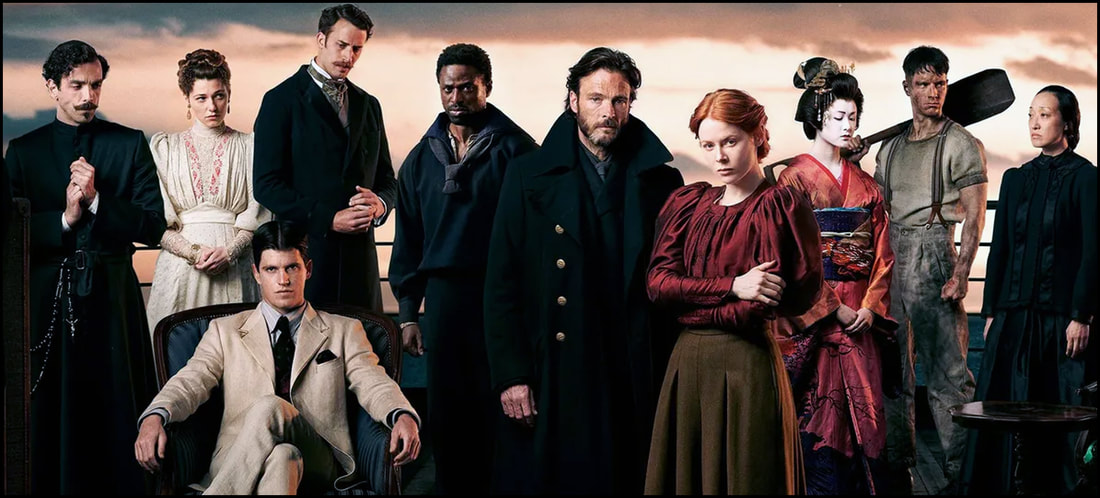

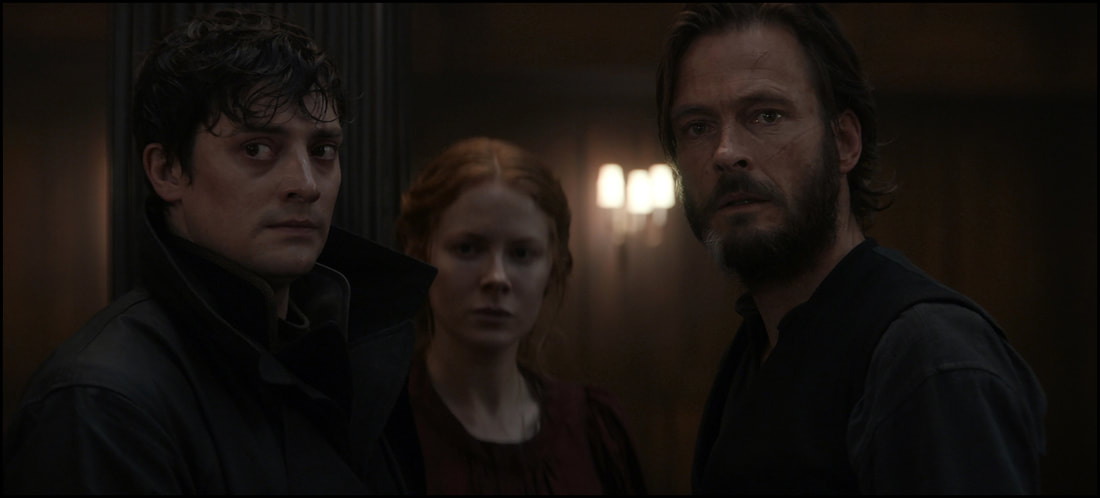
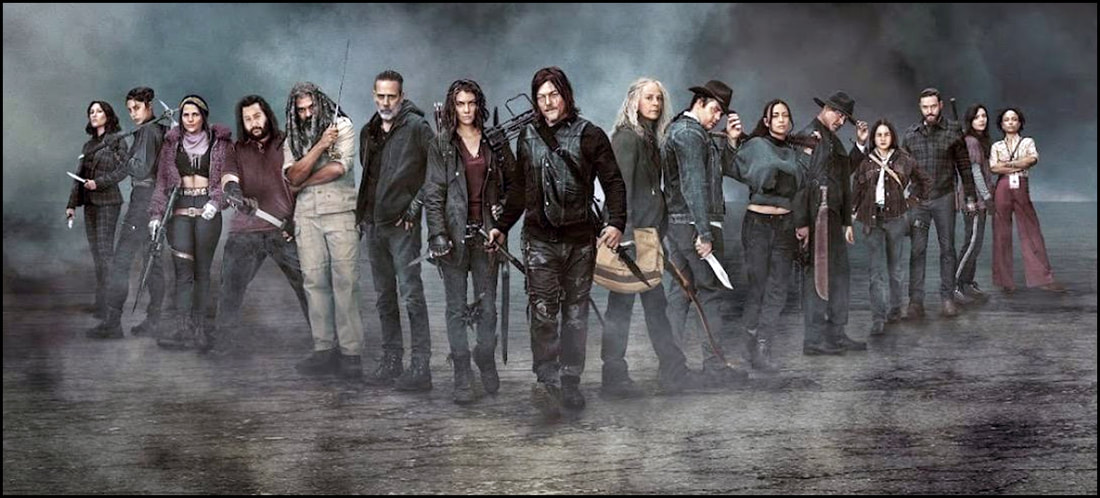
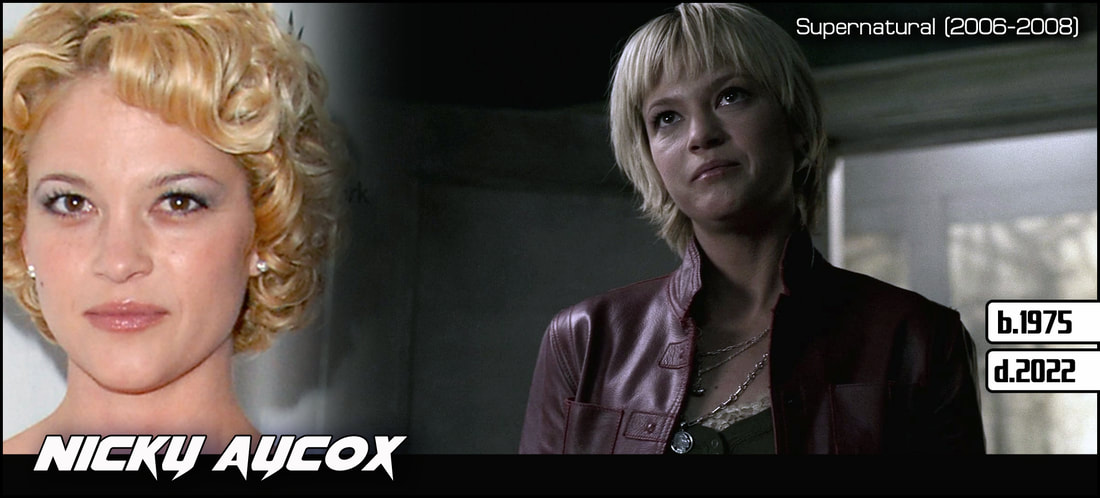
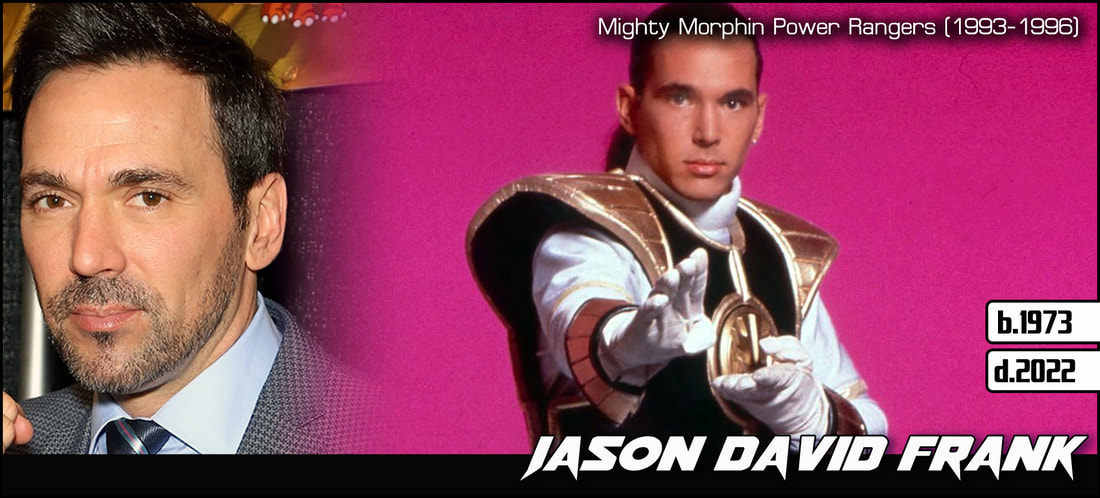

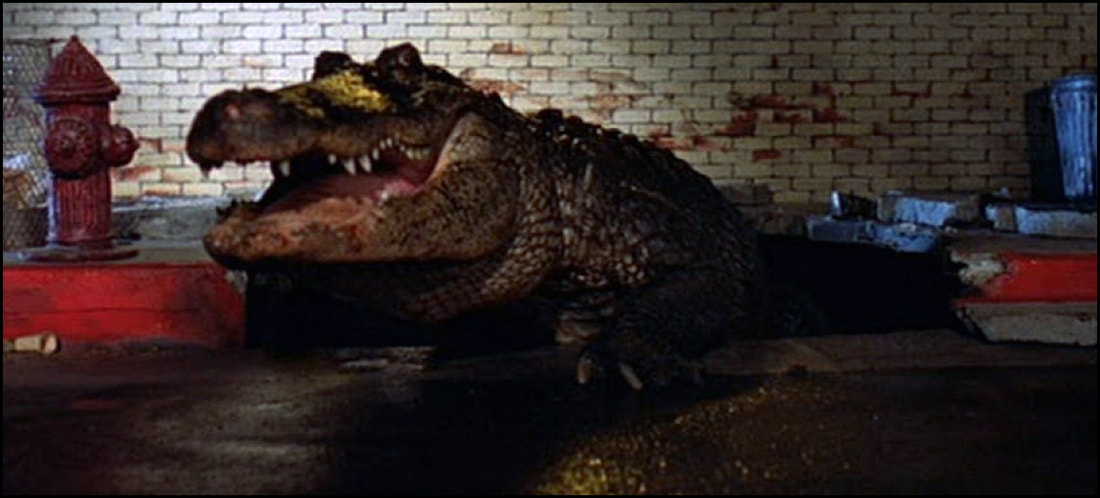
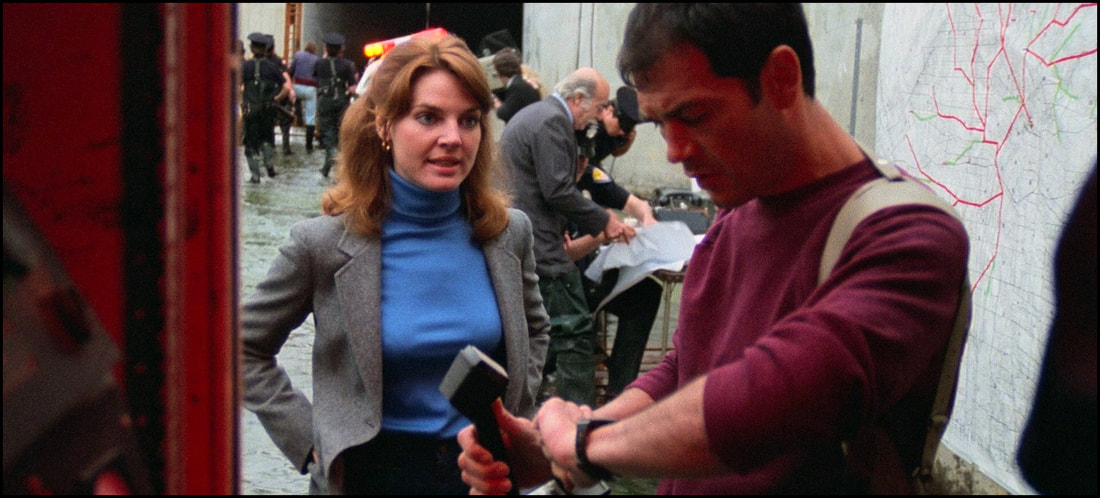
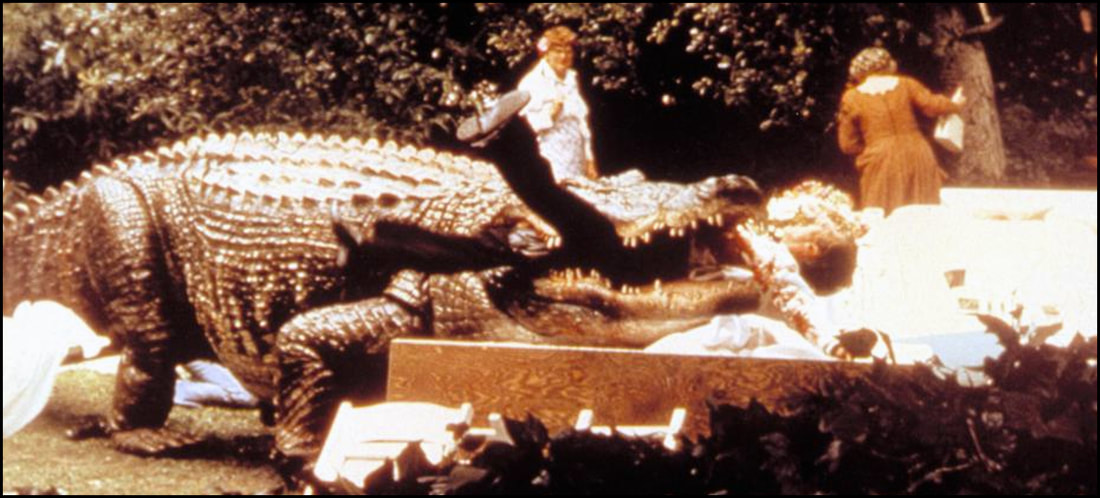
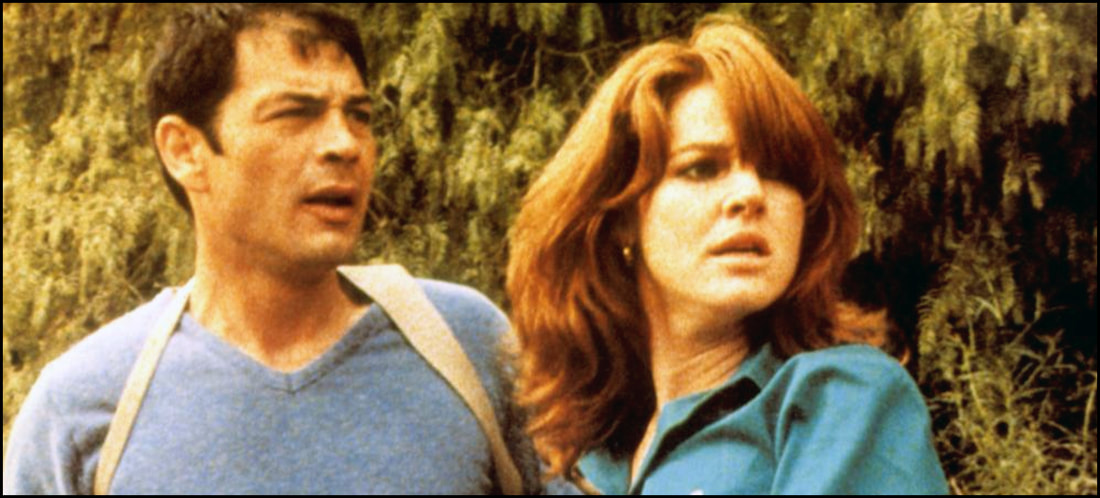
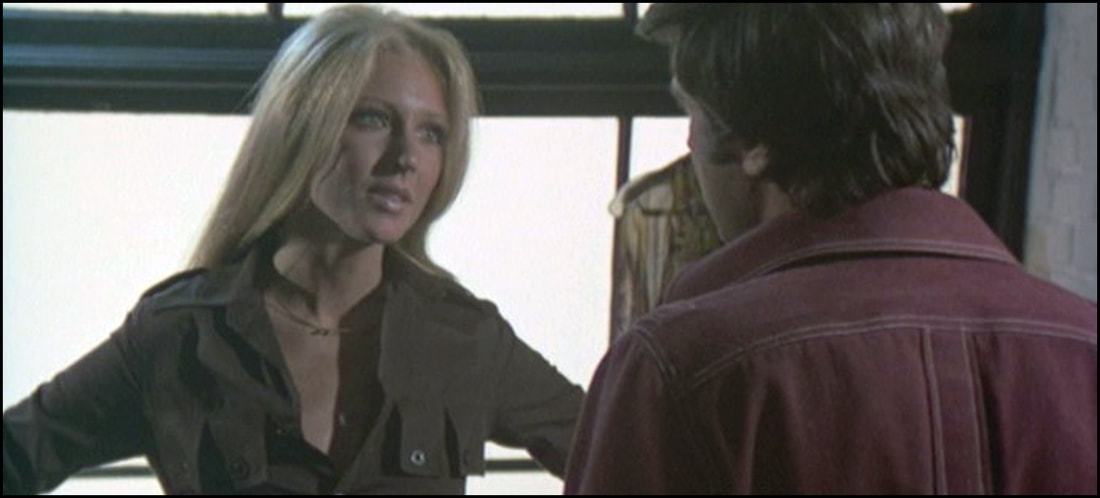
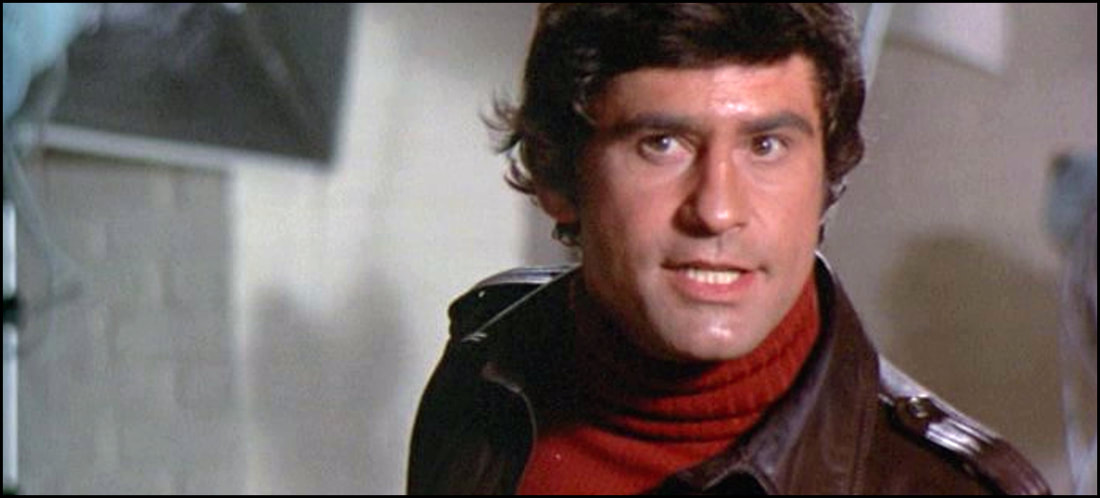
 RSS Feed
RSS Feed